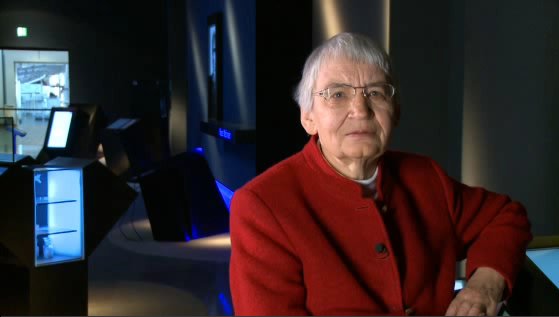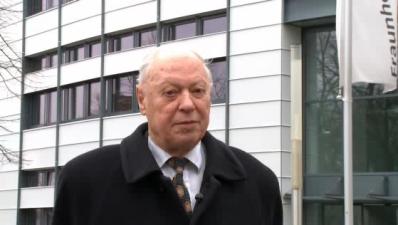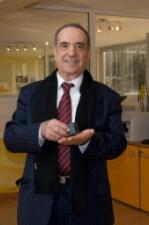Maria-Regina Kula
Contributions to biochemistry
Finalist for European Inventor of the Year 2009 in the “Lifetime achievement” category
A group of chemicals called "catalysts" are a vital part of chemistry. With their help, chemical reactions can occur with a low amount of activation energy and at relatively low temperatures.
The only catch was that catalysts tend to be highly expensive. Some are harmful to the environment. So for decades, many chemical processes remained too costly for industrial-scale production methods.
Things changed when German biochemist Maria-Regina Kula demonstrated the catalytic potential of a naturally occurring enzyme called Formate dehydrogenase (FDH). In 1983, Kula had isolated the enzyme from yeast, namely Candida boidinii.
Only one problem remained: FDH, in its natural form, is rather unstable. Kula consulted her research partner, biomedical expert Martina Pohl at Heinrich Heine University's research center in the town of Jülich. In 2001, Pohl solved the problem by creating a genetically stabilised strain of FDH.
The natural catalyst ushered in a new era of "gentle" biotechnology among manufacturers. German company Evonik employs Kula's patented process in the commercial manufacture of substances for new medications for cancer, inflammation and viral infections.
The cost-savings are tremendous: A reaction that used to require €2 000 worth of catalytic chemicals can now be carried out at a material cost of €2. Active ingredients created with "gentle" enzymes are now part of medications for treating cancer, asthma, high cholesterol and AIDS.
Throughout her career, Kula has been an outspoken advocate for the advancement of women in the scientific field. The 71-year-old inventor has received numerous awards for her work, including the Federal Cross of Merit (Bundesverdienstkreuz 1. Klasse) in 1997 and the German Future Prize in 2002.
Contact
European Inventor Award and Young Inventors Prize queries:
european-inventor@epo.org Subscribe to the European Inventor Award newsletterMedia-related queries:
Contact our Press team#InventorAward #YoungInventors


